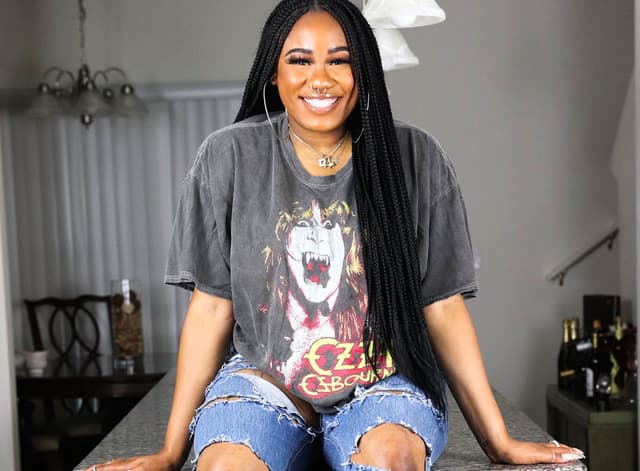Podcast

Kee Simone is Lovedbyher Community
October 4, 2021
Kee Simone is the founder of Lovedbyher, an online storytelling series that celebrates love between Black queer women and trans/non-binary people.

Kee Simone is the founder of Lovedbyher, an online storytelling series that celebrates love between Black queer women and trans/non-binary people.